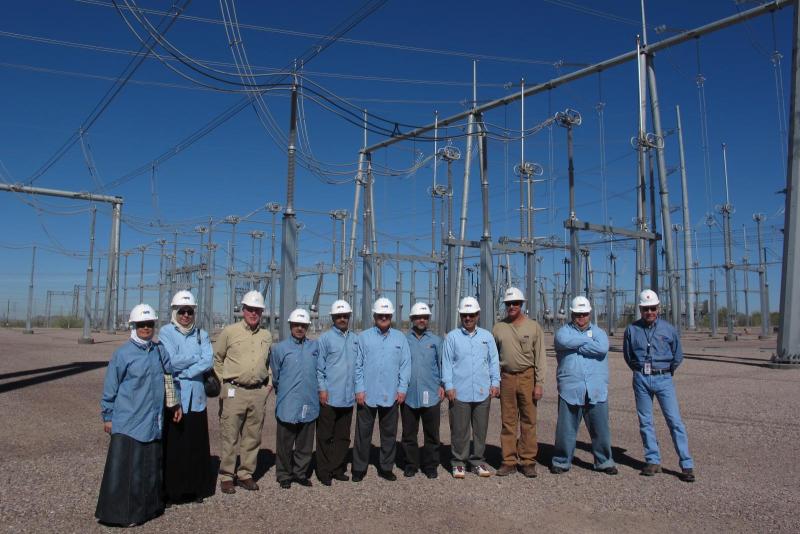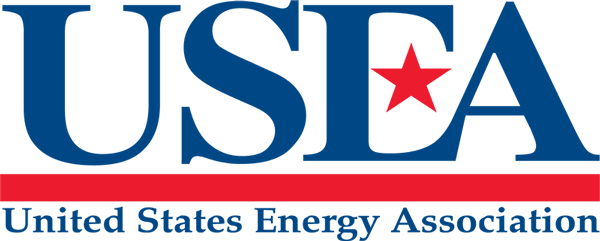Jordan

The Jordan Utility Partnership Program focused on improving the technical and operational efficiency of Jordan’s electric utilities and electric grid. To reflect Jordan’s electricity sector’s composition, JUPP was divided into two major components: the Jordan Transmission Utility Partnership (JTUP) and the Jordan Distribution Utility Partnership (JDUP). JUPP partnered Jordan’s transmission and distribution utilities with U.S. utilities recognized for their excellence in technical operations, maintenance, safety and training. These U.S. utilities are leaders in encouraging, implementing and deploying renewable energy and energy efficiency programs with the support of their management, customers and regulators. By providing Jordanian utility executives with commercially proven examples of best practices that can improve utility operations, JUPP facilitated some of the critical first steps towards modernizing Jordan’s energy sector.
JORDAN TRANSMISSION UTILITY PARTNERSHIP:
The JTUP involved the Jordanian national transmission utility, the National Electric Power Company of Jordan (NEPCO) and Arizona Public Service (APS). Topics under this partnership included:
- Accelerating the integration of renewable energy into the grid;
- Improving NEPCO’s integrated resource and capacity planning;
- Improving the reliability and stability of the transmission system by improving planning and operations;
- Introducing advanced techniques for operating the Jordanian electricity market and handling cross-border electricity exchange and cooperation; and
- Strengthening NEPCO’s corporate governance and human resource development.
JORDAN DISTRIBUTION PARTNERSHIP:
The Jordan Distribution Utility Partnership (JDUP) involved three distribution utilities in Jordan (JEPCO, Irbid District Electricity Company (IDECO) and Electricity Distribution Company (EDCO) with the Sacramento Municipal Utility District (SMUD) and National Grid. Topics covered during the partnership included:
- Improving distribution system performance through enhanced maintenance planning, operation procedures and system protection schemes;
- Improving utility energy efficiency, energy conversation and DSM programs;
- Integrating renewable energy into the grid;
- Enhancing tariff pricing methods and regulatory relations; and
- Strengthening training programs for professional /technical development and safety.
ENGENDERING UTILITIES PARTNERSHIP (2015-2017)
Historically, the power sector has been dominated by males - this is particularly true in the developing world. In recognition of and to assist in reducing the barriers caused by the gender gap in the power sector, USEA conducted an Engendering Utilities Partnership in coordination with USAID from 2015 through 2017. The partnership aimed to identify and transfer policies and corporate programs that support increased female participation in the power sector. The partnership was launched with utilities from Georgia, Jordan, Kenya, Macedonia, and Nigeria in order to help the utilities grow and adapt with the community they serve.
The Engendering Utilities Partnership helped these utilities to improve their gender policies and gender achievements by improving labor market achievements, contributing to greater operational efficiencies, increasing profits, enhancing their corporate image, and improving branding opportunities. Through the partnership, EUPP introduced best practices to the member utilities in increasing female recruitment through the introduction of gender-specific hiring techniques, creating an informal mentoring program for women; implementing gender-inclusive policies and procedures; customer service and engagement; and succession planning.



